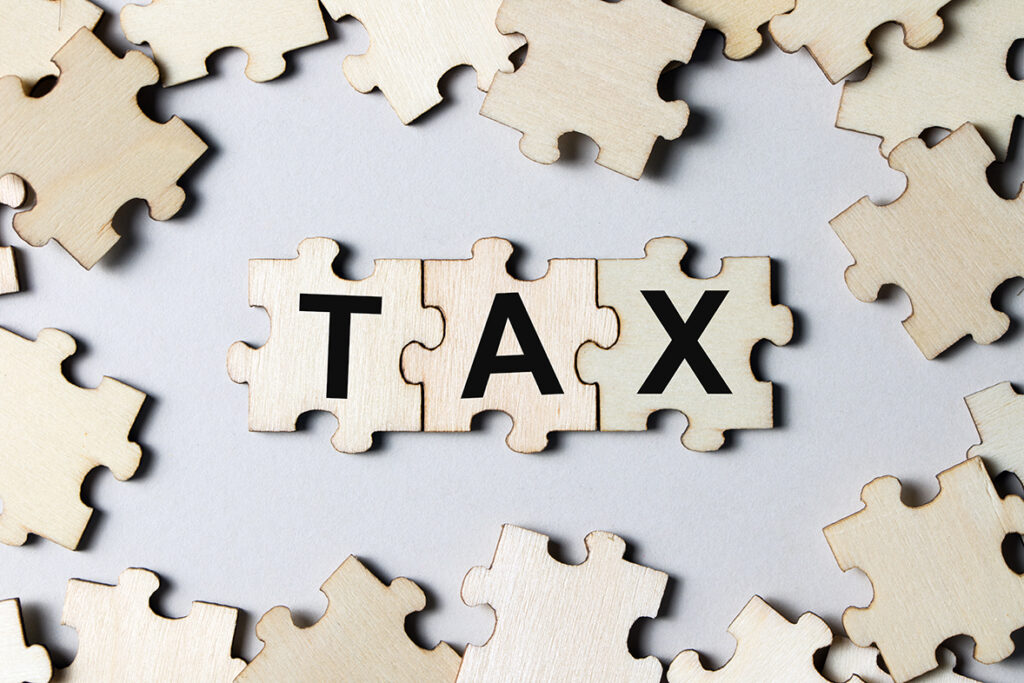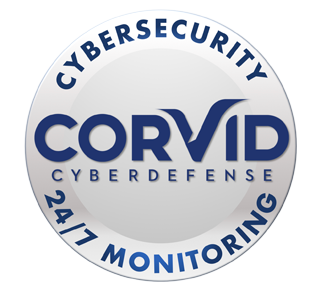 On August 4, 1862, the U.S. collected income tax for the first time[i]. You may be ready to bid farewell to income tax obligations once you retire, but unfortunately, it’s not that simple. While the dynamics may shift, understanding how income tax works after retirement is crucial to ensure financial stability during your golden years.
On August 4, 1862, the U.S. collected income tax for the first time[i]. You may be ready to bid farewell to income tax obligations once you retire, but unfortunately, it’s not that simple. While the dynamics may shift, understanding how income tax works after retirement is crucial to ensure financial stability during your golden years.
Your income typically comes from various sources during retirement, each subject to different tax rules. Understanding these sources is fundamental to comprehending your tax liabilities.
- Social Security Benefits: Social Security benefits may be taxable, depending on your overall income. The taxation of these benefits is based on a formula that considers a portion of your benefits along with your other sources of income.[ii]
- Pension and Retirement Accounts: If you receive income from a pension plan or withdrawals from retirement accounts such as 401(k)s or traditional IRAs, these funds are generally subject to income tax. However, if certain conditions are met, withdrawals from Roth IRAs are usually tax-free.[iii]
- Investment Income: Income generated from investments, including dividends, capital gains, and interest from bonds or savings accounts, is typically taxable. The tax rate on investment income may vary depending on factors such as your filing status, the type of investment, and the duration of the investment.[iv]
In addition to income sources, your filing status and tax brackets can significantly impact your income tax obligations in retirement. The filing status options for retirees are usually the same as those available to the general population. Each filing status has its own tax brackets, which determine the applicable tax rates.[v]
By carefully assessing your financial situation and consulting a tax professional, you can optimize your filing status and minimize your tax burden.
And finally, while federal income tax is a consideration for all retirees, it’s essential to understand the impact of state and local taxes as well. Each state has its own tax laws, and some states have specific provisions for retirees, such as tax exemptions or reduced rates for retirement income. Researching and understanding your state’s tax regulations can help you plan your retirement income more effectively.[vi]
Retirement may grant you a well-deserved respite from the daily grind but doesn’t absolve you from income tax responsibilities. By familiarizing yourself with the various sources of retirement income, determining your optimal filing status, leveraging deductions and credits, and considering state and local taxes, you can navigate the intricacies of income tax in retirement more confidently.
If you’re ready to get personalized advice tailored to your unique situation, call us for a complimentary review at (540) 720-5656.
Sources:
- [I] https://www.irs.gov/newsroom/historical-highlights-of-the-irs,
- [II] https://www.ssa.gov/benefits/retirement/planner/taxes.html,
- [III] https://www.finra.org/investors/learn-to-invest/types-investments/retirement/managing-retirement-income/taxation-retirement-income#:~:text=Taxes%20on%20Pension%20Income,you%20have%20left%20to%20spend.,
- [iv] https://www.usbank.com/investing/financial-perspectives/investing-insights/impact-of-taxes-on-investment-returns.html,
- [v] https://www.thebalancemoney.com/tax-rates-retirement-planning-2388992,
- [vi] https://www.usa.gov/state-taxes






















 Megan Jones joined the ILG Financial team in 2020 as marketing director. Megan and her husband live in Fredericksburg, VA with their German Short Haired Pointer, Gus. Megan is a graduate of Longwood University and holds a degree in communications. Megan is the oldest of Dave Lopez’s three children and not only enjoys working alongside her father, but also with her cousin, Chase, who joined the ILG Financial team in 2020 as an advisor. Megan is also a fully licensed Life, Health, and Annuity agent. When not at work, Megan enjoys sitting on the back porch with family and friends enjoying food and music.
Megan Jones joined the ILG Financial team in 2020 as marketing director. Megan and her husband live in Fredericksburg, VA with their German Short Haired Pointer, Gus. Megan is a graduate of Longwood University and holds a degree in communications. Megan is the oldest of Dave Lopez’s three children and not only enjoys working alongside her father, but also with her cousin, Chase, who joined the ILG Financial team in 2020 as an advisor. Megan is also a fully licensed Life, Health, and Annuity agent. When not at work, Megan enjoys sitting on the back porch with family and friends enjoying food and music. Chase Lopez joined the ILG Financial team in 2020 as an advisor. Chase is a 2016 James Madison University graduate with a degree in management. Chase has been trained under the tutelage of Dave Lopez, who is not only the founder and managing member of ILG Financial, but also is Chase’s uncle and godfather. He also enjoys working alongside his cousin, Megan, who is Dave’s daughter.
Chase Lopez joined the ILG Financial team in 2020 as an advisor. Chase is a 2016 James Madison University graduate with a degree in management. Chase has been trained under the tutelage of Dave Lopez, who is not only the founder and managing member of ILG Financial, but also is Chase’s uncle and godfather. He also enjoys working alongside his cousin, Megan, who is Dave’s daughter. Amy Anderson joined the ILG Financial team in 2023 as the client relations coordinator. Her responsibilities include scheduling of appointments, annual check-up notifications, and annuity and required minimum distribution assistance. She is a graduate of Harding University with a degree in Computer Information Systems. Amy and her husband have two children and she enjoys reading, crocheting, music and spending time with her family.
Amy Anderson joined the ILG Financial team in 2023 as the client relations coordinator. Her responsibilities include scheduling of appointments, annual check-up notifications, and annuity and required minimum distribution assistance. She is a graduate of Harding University with a degree in Computer Information Systems. Amy and her husband have two children and she enjoys reading, crocheting, music and spending time with her family. Jessica Carson joined the ILG Financial team in 2018 as an agent. Jessica and her husband have four children, two dogs, 3 barn cats, 5 chickens, and three parakeets. She indeed loves her children and pets! When not at work, Jessica enjoys playing the piano and cello as well as traveling and spending time outside with her family, hiking, fishing, and boating.
Jessica Carson joined the ILG Financial team in 2018 as an agent. Jessica and her husband have four children, two dogs, 3 barn cats, 5 chickens, and three parakeets. She indeed loves her children and pets! When not at work, Jessica enjoys playing the piano and cello as well as traveling and spending time outside with her family, hiking, fishing, and boating. Terri Center joined the ILG Financial team in 2019 as client services manager. She handles client records, application processing, and gathering information to provide a professional and friendly experience with all of our clients. Terri is a graduate of Oakland University. She is married and has two children. She enjoys hiking, family time, and puzzle challenging video games. She also likes to share her creativity in her canvas paintings and sewing projects.
Terri Center joined the ILG Financial team in 2019 as client services manager. She handles client records, application processing, and gathering information to provide a professional and friendly experience with all of our clients. Terri is a graduate of Oakland University. She is married and has two children. She enjoys hiking, family time, and puzzle challenging video games. She also likes to share her creativity in her canvas paintings and sewing projects.